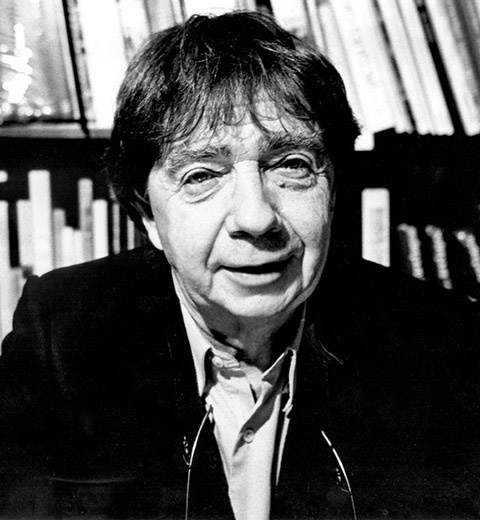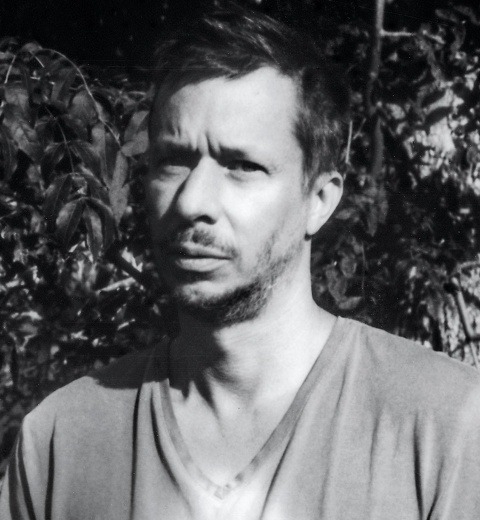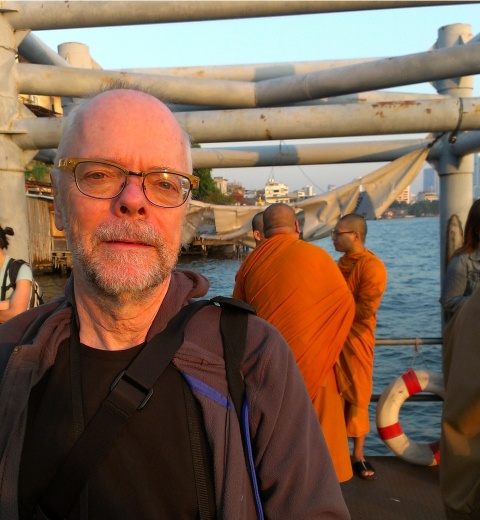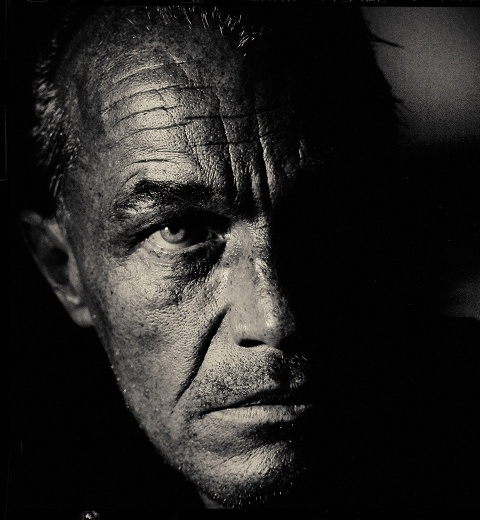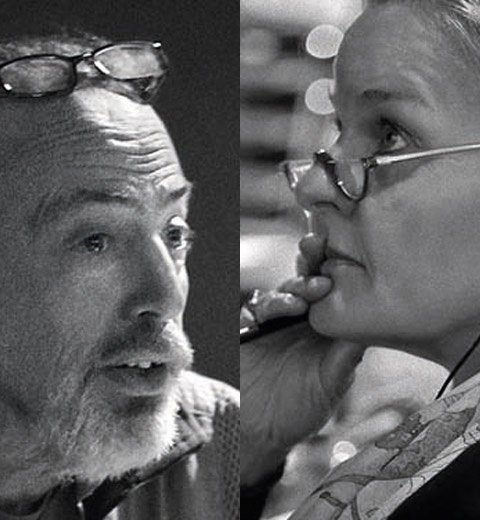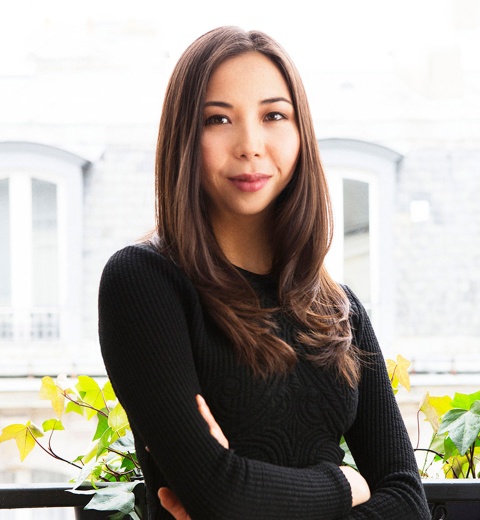Interview Martin Kollar
Martin Kollar has won this year’s Leica Oskar Barnack Award with his Field Trip series from Israel. It includes unsettling pictures that are hard to place. They are cleverly composed, everyday images full of suggestive strength that seem far from reality, and yet are very close. LFI spoke with the Slovak photographer about deliberate provocation, how captions can inhibit the imagination, and how filmmaking influences his work.
LFI: Between 2009 and 2011, you spent a lot of time in Israel for your Field Trip project. What impressed you most there?
Martin Kollar: Actually there was no one particular situation. The impressions were more to do with the tension there. Even though on the surface it was a very peaceful period when I travelled the country, I still always sensed something – almost like electricity in the air.
LFI: Could you describe your approach?
Kollar: Field Trip is part of a project titled This Place, which explores the complexity of Israel and the West Bank through the eyes of twelve internationally acclaimed photographers. I always worked on the Israeli side of the country; and I tried to take a look into the future. I didn’t want to work with the consequences of the past. My focus was on how the Israelis look to the future and what might happen once the future is here.
LFI: What was your first impression?
Kollar: When I first arrived I asked myself what the hell was I doing there? There were so many images I had already seen of the place. Then I did become curious to see what is going, even though I couldn’t understand everything. The best thing that happened to me was that I had no agenda. That gave me freedom. This is also the explanation for the title: Field Trip.
LFI: The title sounds rather harmless.
Kollar: The title is connected to the fact that I was invited there. Part of the time, my trip was like a guided tour. I wanted my pictures to convey the idea that you never know where you are. This is also connected to the title. Somehow you’re just guessing all the time – and I wanted to share that feeling with the viewer.
LFI: Some of your images seem staged.
Kollar: None of them were staged. All the pictures are based on observation. I came across those places and situations, and I wanted to record how I found things.
LFI: Your series seems to ask questions rather than give answers or explanations. Is the girl plugged into various scientific instruments part of an experiment or is
she an actor playing a role?
Kollar: Do you really want to know? Of course, there are many stories behind the pictures, and maybe they are even more interesting than the pictures themselves.
But I always avoid explanations and I don’t add captions. And I do that on purpose. That way the spectator is free to follow his own approach, his own imagination.
If I tell you the story, there is no additional information.
LFI: The information would close the door on the imagination.
Kollar: Exactly.
LFI: But the images of the animals were taken at a vet’s surgery?
Kollar: With the animal pictures, I was trying to convey a weird and painful side of Israel. The animals are, so to speak, symbolic of cruelty and control in the country. Animals can be victims, can be mistreated, can be subject to research, but one can be more distant when facing a cruel situation involving animals. The pictures are a kind of shifted way of showing what happens to the people there.
LFI: Even though you captured scenes of everyday life, your pictures make life look anything but ordinary. They look rather like stills extracted from a strange movie.
Kollar: Your perception is very close to the truth. Actually, I studied cinema, and I still work as a camera man or documentary film director. I keep doing both: photography and film; so you could say that there’s always a certain professional deformation, or let’s call it influence. Of course, film is film and photography is photography, but there is a certain blurry edge between the two media, and for sure there is a connection.
LFI: Your images somehow convey a kind of surreal and at the same time symbolic atmosphere. Do you agree?
Kollar: When I take photographs I always try to load them with plenty of room for interpretation. I try to imbue an image with as many meanings as possible, because there are always many ways of looking at things. For me the whole process starts right at the very beginning, from the moment I arrive somewhere, and continues through the actual picture taking, then whether to include them or not during the editing process, and on till when you’re holding the book in your hands. For me, each part of the process is as important as the other.
LFI: So, the process is finished after you have the edited book?
Kollar: No. The process is never finished. If something is finished you’re dead.
LFI: But if you want to start a new project, you need to finish or, let’s say, close the previous one…
Kollar: …I’d prefer to say that a book is like a pause in the whole process. It’s only on pause mode. Its impossible to stop questioning everything. If I stop, I would feel dead then.
Interview: Katrin Ullmann
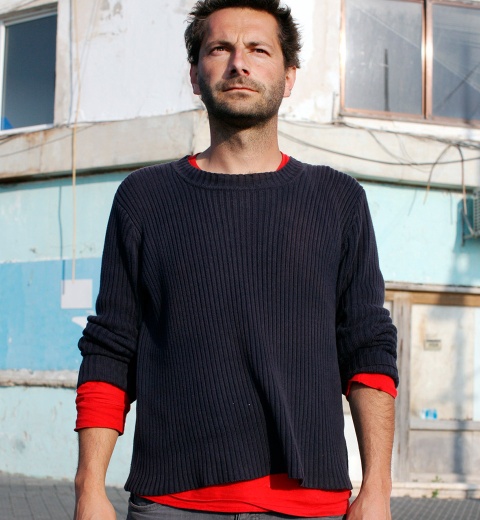
Martin Kollar
Born in 1971 in Žilina, today’s Slovakia, Kollar works as a photographer mostly on long-term projects, and as a documentary filmmaker. He studied at the academy of performing arts in Bratislava. Numerous awards, publications and exhibitions.
